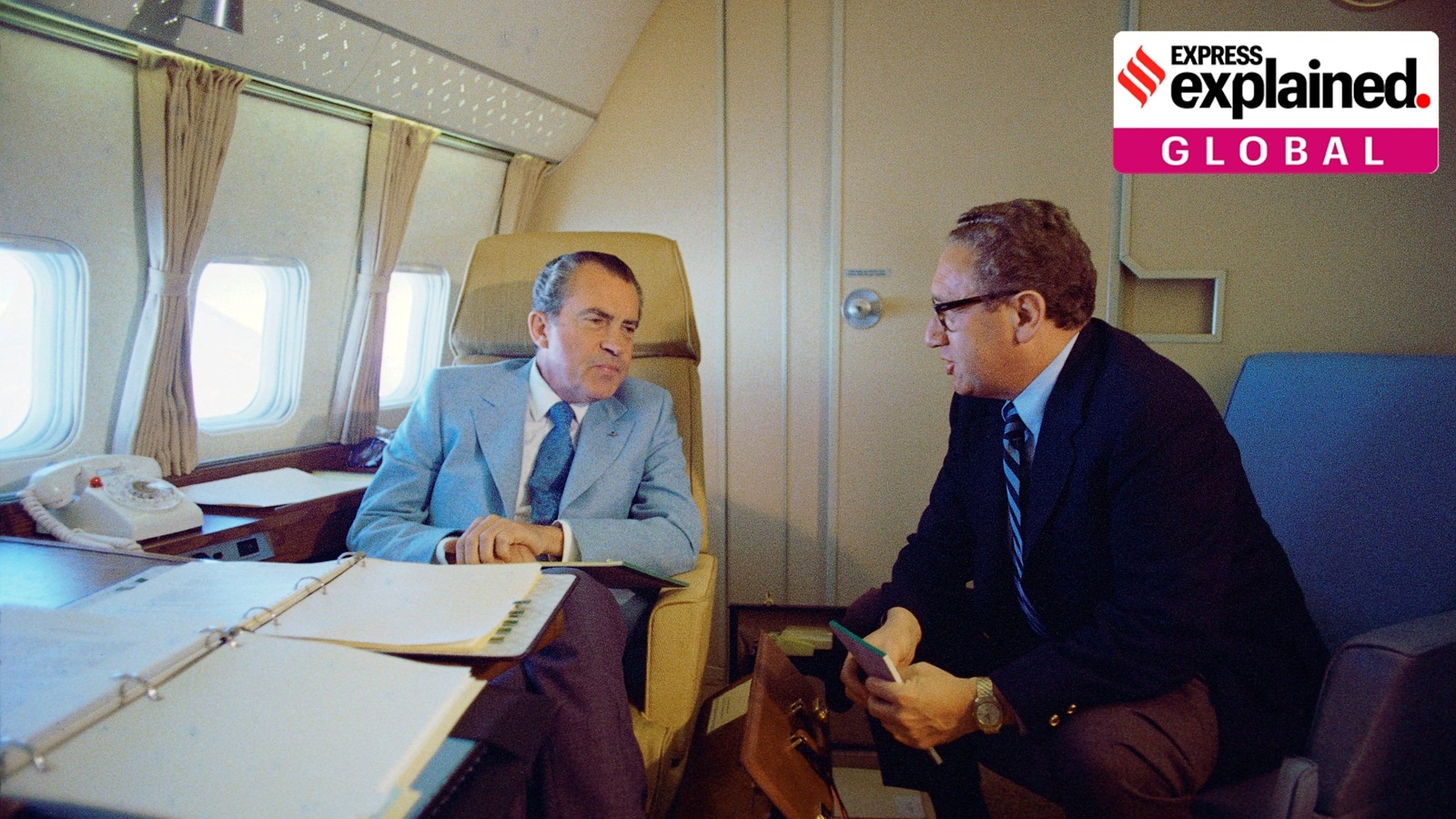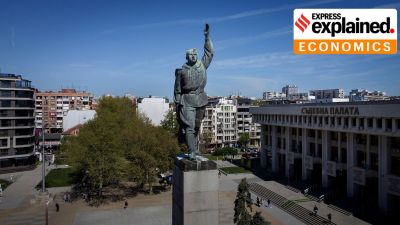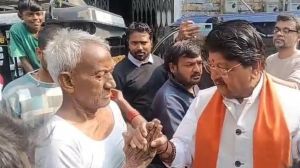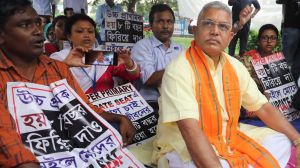Henry Kissinger, the former US Secretary of State (equivalent to Foreign Affairs Minister) and National Security Adviser died on November 29 at the age of 100. An influential member of the US government under two Presidents but also often termed a ‘warmonger’, Kissinger was seen as a controversial figure.
The former Harvard professor and later diplomat helped shape American foreign policy in the 1970s, advising Republican President Richard Nixon and his successor Gerald Ford. He was also awarded the Nobel Prize in 1973 for helping reach a deal during the Vietnam War. That deal soon broke down and became a point of criticism against Kissinger and the wider American policy on the war, reflecting the polarised legacy he left behind in foreign policy matters.

*Relations with USSR, China
Rapprochement, or the betterment of relations between countries, is seen as a major achievement by Kissinger. He was able to do so for the United States in relation to two countries, the USSR and China.
Amid the Cold War (1945 to 1991) between the US and the USSR over ideological, economic and military superiority, it was Kissinger who advocated a policy of less hostile relations – what is called ‘detente’.
Kissinger and Nixon were advocates of realism or realpolitik, the ideology that says the strategic concerns of a country trump any other considerations – public opinion, morality, and so on. They believed that to maintain US dominance in world affairs, it made sense to have ties that could be utilised to achieve other kinds of benefits. Talks on nuclear arms control with the USSR, for instance, could result in it agreeing to restrain its role in promoting revolutionary movements around the world.
Similarly, secret meetings and communications helped Kissinger and Nixon lay the groundwork for the US to establish full diplomatic relations with China. It also came with the hope that with a split between China and the USSR, China could be leveraged as a counter against the USSR. The Chinese state continues expressing goodwill towards Kissinger to date, with President Xi Jinping meeting him this year for talks, despite a low in US-China ties. Notably, Xi did not meet some other high-ranking US officials who visited China around the same time, such as Treasury Secretary Janet Yellen.
*Support to Pakistan during the 1971 War, views on Indira Gandhi and Indians
Story continues below this ad
In a continuation of the idea of balancing interests and realism during the Cold War, the US lent support to Pakistan in the war for Bangladesh’s liberation in 1971. India, whereas, was seen as having a pro-USSR tilt.
As The Indian Express previously recalled, “With the Pakistani atrocities continuing unabated, the US Consul General in Dhaka, Archer Blood, wrote to Washington DC to intervene, but met with what Blood would describe as a “deafening silence”. As the US continued to supply military and economic aid to Pakistan, Blood and his staff drafted a strongly worded dissent memo.”
President Nixon also expressed contempt towards then-Indian Prime Minister Indira Gandhi, and Kissinger was often party to these expressions. Details of conversations between the leaders later revealed they once called her a “b**ch”, with Kissinger accusing her of “starting a war” in the region. Kissinger called Indians “b*****ds”, and “the most aggressive people around”.
*Criticism over the Vietnam War
Story continues below this ad
The Vietnam War (1955 to 1975) was fought over the control of the region in the aftermath of French colonial rule ending. Some local leaders seemed willing to follow the path of communism, which the US believed went against its interests. Under its policy of ‘containment’ of limiting the global spread of Communism, it then backed opposition leaders and a conflict erupted. Hostilities also spread to the neighbouring Laos and Cambodia.
As per Vietnam’s official estimates, as many as 2 million civilians on both sides and some 1.1 million fighters died. More than 50,000 US soldiers also died.
While the war did not begin with Nixon, his administration – and Kissinger – initially supported US involvement. According to a Pentagon report released in 1973, “Henry A. Kissinger approved each of the 3,875 Cambodia bombing raids in 1969 and 1970” as well as “the methods for keeping them out of the newspapers.”
The 1973 Nobel was awarded to Kissinger and Le Duc Tho, the Vietnamese negotiator for the peace deal – the Paris Peace Accords. But it fell apart soon after being signed. Two Nobel Committee members later resigned over the committee chairman’s statement, that the committee had unanimously supported the selection of Kissinger, and Tho himself refused the prize over the treaty’s violation.
*Impact on the Middle East
Story continues below this ad
The US establishment praises Kissinger’s role in aiding Israel in the Middle East, at a time when most Arab states were still opposing its creation and had no formal relations with it.
The think tank Brookings notes: “The first successful Arab-Israeli peace negotiation, the peace treaty between Israel and Egypt in 1979, owed much to the process started by U.S. Secretary of State and National Security Advisor Henry Kissinger five years earlier.”
Thomas Schwartz, a professor of history and author of the book ‘Henry Kissinger and American Power: A Political Biography’, wrote in the Washington Post, “In the aftermath of the Yom Kippur War in 1973, whose cease-fire he had helped to arrange, Kissinger engaged in his signature ‘shuttle diplomacy’”. This referred to the method of constantly maintaining communication and going back and forth between parties for negotiations.
These efforts helped in the formulation of three disengagement agreements related to the armed forces of Israel, Egypt and Syria. In 1980, Egypt would become the first Arab country to formally recognise Israel.








































